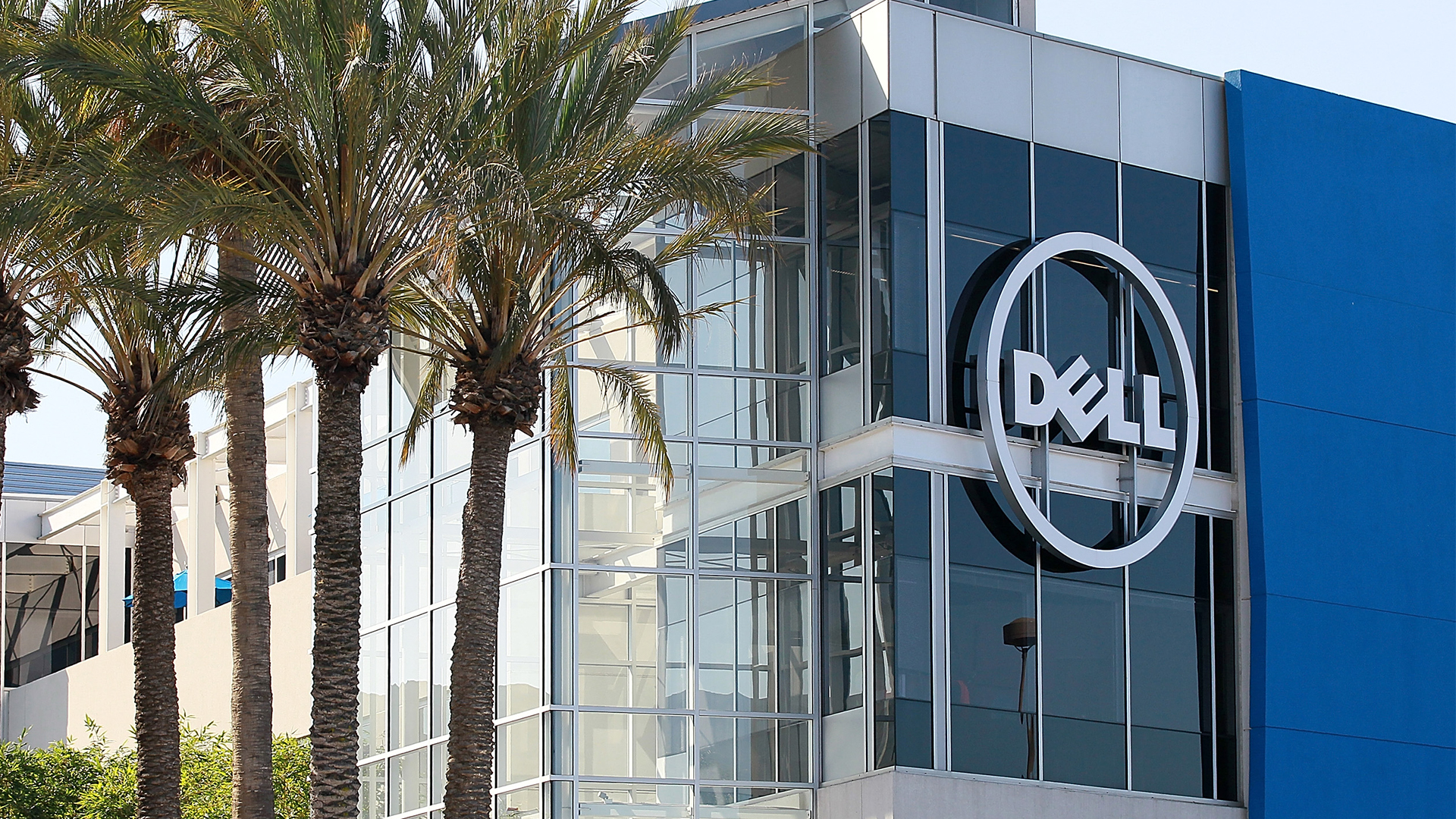Cambridge reveals cloud for universities and SMBs
The director of Cambridge University's High Performance Computing department today revealed that it will be opening up its technologies to other universities and small businesses.


A new super computer cloud will soon be available to universities and small and medium sized businesses (SMBs).
Cambridge University plans to open up its High Performance Computers (HPC) to both other universities and SMBs to take advantage of the technology, albeit at a cost, according to Paul Calleja, director of High-Performance Computing at theinstitute.
"This is happening already. We have universities interested. We will offer this to SMEs within the next quarter but already have interest. I receive three or four enquiries from SMEs a month," he revealed in a Dell round table discussion in London this morning.
Calleja would not divulge which companies had shown interest but told IT PRO sectors included automotive, risk management and pharmaceuticals. He did admit, however, that bringing in the extra revenue in the public sector at this time would be beneficial.
He also said: "We are looking at putting in commercial fibre feeds to allow users to access it without going through the university and we will use multiple 10gb links."
Cambridge uses Dell hardware to provide these resources to its 300 users within the research community at the university. It replaced its previous Sun system - which Calleja claims was much slower and tmore costly than its Dell replacement.
He stated: "I chose Dell for two reasons, the cost effectiveness, as the company's business model focuses on taking out cost, and the reliability."
Sign up today and you will receive a free copy of our Future Focus 2025 report - the leading guidance on AI, cybersecurity and other IT challenges as per 700+ senior executives
Figures he presented showed that there had been less than one per cent unscheduled downtime in the past two years, which combined with the scheduled downtime means the system is available 97 per cent of the time.
According to Calleja, average utilisation of the cores comes out at in between 95 and 98 per cent at any individual time and still holds at a solid 87 per cent over a longer window.
Josh Claman, vice president and general manager for Dell in the UK, added: "This level of utilisation is unheard of in your average commercial datacenter. 40 per cent utilisation is considered good in commercial areas."
Calleja confirmed the system will be upgraded in 2011 moving over to blade servers and possibly the introduction of a water cooling system rather than traditional air conditioning.
He said: "With the introduction of blades you double the heat density in the room. Air conditioning just isn't good enough so when we go to blades we will have to think about this."
Jennifer Scott is a former freelance journalist and currently political reporter for Sky News. She has a varied writing history, having started her career at Dennis Publishing, working in various roles across its business technology titles, including ITPro. Jennifer has specialised in a number of areas over the years and has produced a wealth of content for ITPro, focusing largely on data storage, networking, cloud computing, and telecommunications.
Most recently Jennifer has turned her skills to the political sphere and broadcast journalism, where she has worked for the BBC as a political reporter, before moving to Sky News.
-
 Microsoft unveils Maia 200 accelerator, claiming better performance per dollar than Amazon and Google
Microsoft unveils Maia 200 accelerator, claiming better performance per dollar than Amazon and GoogleNews The launch of Microsoft’s second-generation silicon solidifies its mission to scale AI workloads and directly control more of its infrastructure
-
 Infosys expands Swiss footprint with new Zurich office
Infosys expands Swiss footprint with new Zurich officeNews The firm has relocated its Swiss headquarters to support partners delivering AI-led digital transformation
-
 Computacenter enters the fray against Broadcom in Tesco's VMware lawsuit
Computacenter enters the fray against Broadcom in Tesco's VMware lawsuitNews The IT reseller has added its own claim against Broadcom in VMware case brought by Tesco
-
 Who is John Roese?
Who is John Roese?Dell's CTO and Chief AI Officer John Roese brings pragmatism to AI
-
 Meta layoffs hit staff at WhatsApp, Instagram, and Reality Labs divisions
Meta layoffs hit staff at WhatsApp, Instagram, and Reality Labs divisionsNews The 'year of efficiency' for Mark Zuckerberg continues as Meta layoffs affect staff in key business units
-
 Business execs just said the quiet part out loud on RTO mandates — A quarter admit forcing staff back into the office was meant to make them quit
Business execs just said the quiet part out loud on RTO mandates — A quarter admit forcing staff back into the office was meant to make them quitNews Companies know staff don't want to go back to the office, and that may be part of their plan with RTO mandates
-
 Amazon workers aren’t happy with the company’s controversial RTO scheme – and they’re making their voices heard
Amazon workers aren’t happy with the company’s controversial RTO scheme – and they’re making their voices heardNews An internal staff survey at Amazon shows many workers are unhappy about the prospect of a full return to the office
-
 Predicts 2024: Sustainability reshapes IT sourcing and procurement
Predicts 2024: Sustainability reshapes IT sourcing and procurementwhitepaper Take the following actions to realize environmental sustainability
-
 Advance sustainability and energy efficiency in the era of GenAI
Advance sustainability and energy efficiency in the era of GenAIwhitepaper Take a future-ready approach with Dell Technologies and Intel
-
 Tech execs pushed for a return to the office – now they’re backtracking amid a workforce revolt, with only 3% of firms asking staff to return full-time
Tech execs pushed for a return to the office – now they’re backtracking amid a workforce revolt, with only 3% of firms asking staff to return full-timeNews Return to office mandates have failed miserably, and many businesses appear to be admitting defeat
